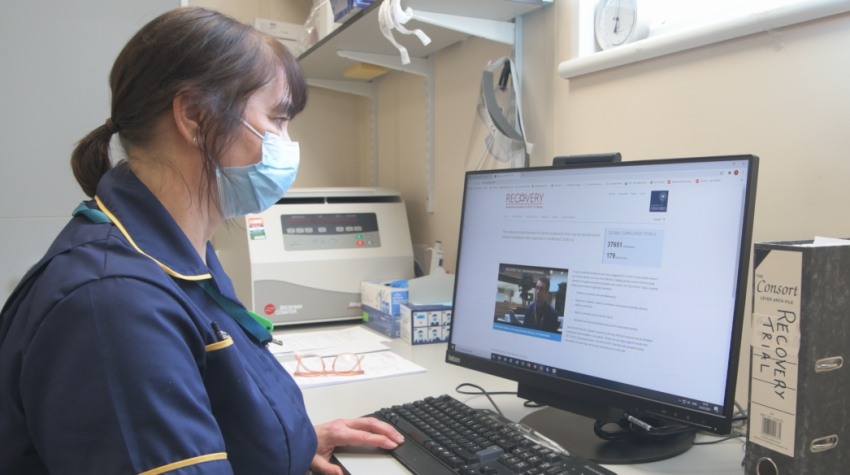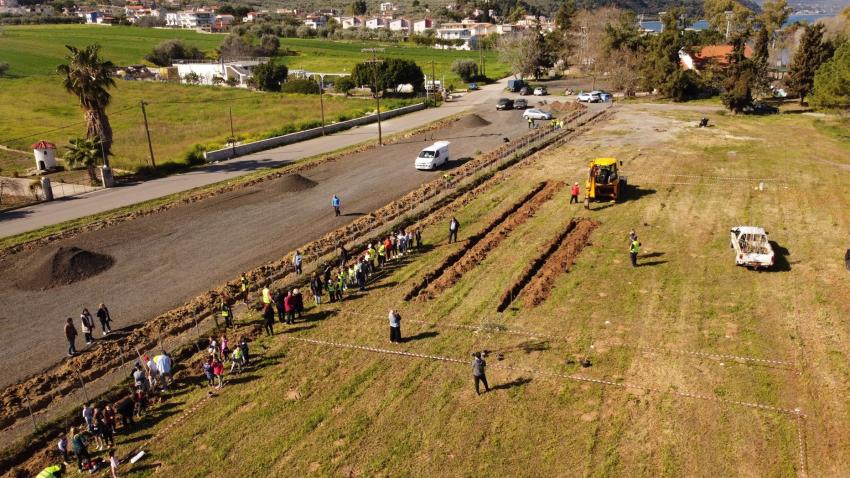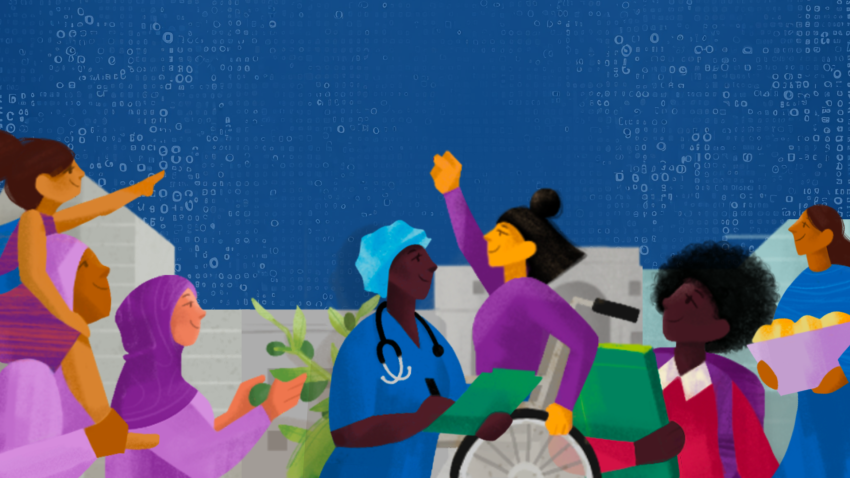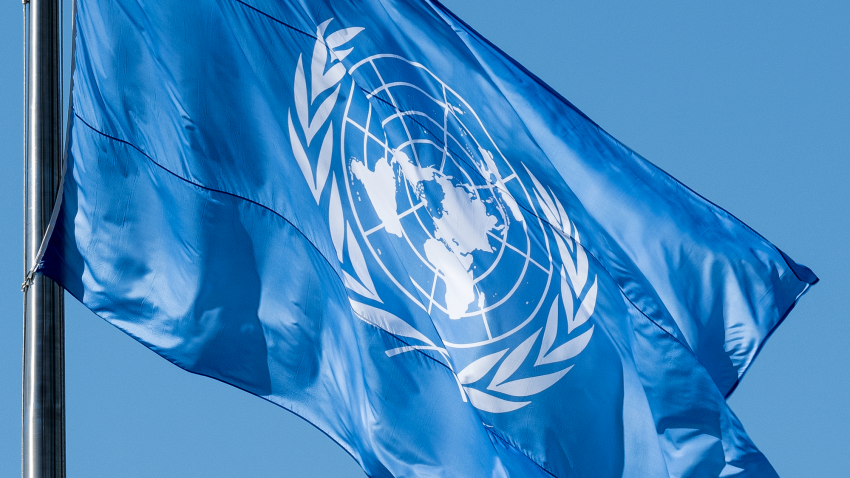According to the COVID-19 Weekly Epidemiological Update published on 15 March 2022 by the World Health Organization, “as of 13 March 2022, over 455 million confirmed cases and over 6 million deaths have been reported globally.” This exemplifies how the COVID-19 pandemic has been and continues to be a significant healthcare challenge. And yet, it has also inspired an exceptional response from researchers worldwide.
The Randomised Evaluation of COVID-19 Therapy (RECOVERY) trial, led by the University of Oxford, a member institution of the United Nations Academic Impact (UNAI) in the United Kingdom, is considered the world’s largest study of COVID-19 treatments. Over the last two years, it has found four treatments that save the lives of hospitalized patients and has redefined how clinical research is undertaken.
Knowing it would be burdensome to establish a trial once the first COVID-19 wave arrived in the United Kingdom, the trial’s chief investigators at the institution, Professor Sir Martin Landray, a clinical trial specialist from Oxford Population Health, and Professor Sir Peter Horby, an expert in infectious diseases at the Nuffield Department of Medicine, acted quickly in March 2020. The trial was swiftly approved with initial funding from the British government.
Despite the fact that when the pandemic began, there were no known treatments available for those severely affected by COVID-19, by June 2020, a therapy with Dexamethasone -a steroid readily available- was already identified. Professor Horby commented about the latter that it was “the first drug to be shown to improve survival in COVID-19”. “It is inexpensive, on the shelf, and can be used immediately to save lives worldwide,” he added.
Normally, a large clinical trial would take many months to set up. RECOVERY was launched in just nine days so that doctors and nurses on the frontline were trained and ready to recruit participants before hospitals were flooded with COVID-19 patients. The trial became the fastest-recruiting trial in medical history, recruiting over 10,000 patients within two months, and over 47,000 patients to date.
The RECOVERY team drew upon previous work to make clinical trials as straightforward and effective as possible. The recruitment process was made easy by using a simple online form, creating an animation to explain the trial to participants, and information materials in multiple languages. It was decided that the focus would be on a few key outcomes which would determine whether a treatment was effective or not.
These outcomes are whether patients are still alive after 28 days, whether their condition becomes severe, and how long they stay in hospital. Moreover, the trial team developed new processes for using collected data to find out what happens to patients. This ensures that the team can find out what happens even if participants are transferred, and enables researchers to investigate the long-term effects of severe COVID-19.
And to ensure reliability, large numbers of participants were recruited, including pregnant women. That aside, RECOVERY was designed so that promising treatments could be brought into the trial easily and quickly. Dexamethasone alone, already mentioned, was found to cut deaths for the sickest patients by a third and it became part of standard care in hospitals managed by the National Health Service of the United Kingdom, and across the world.
Since then, RECOVERY has discovered three other effective treatments: Tocilizumab and Baricitinib, both anti-inflammatory medicines, and a combination of monoclonal antibodies targeting the viral spike protein, now known as Ronapreve. The team continues to research other potential treatments, focusing on affordable and readily available drugs whose safety has already been well-established.
The study has expanded beyond the United Kingdom, to countries in Africa and Asia, in order to investigate treatments suitable for different healthcare settings. Professor Buddha Basnyat, who is leading the trial in Nepal, highlighted the relevance of participating in this trial “so that these ground-breaking findings also become relevant in the context of low- and middle-income countries.”
There is also increased awareness and understanding of the need for large-scale clinical trials. “I saw it as my duty to take part in the RECOVERY trial, because I knew that no matter what happened to me, I was doing something positive to help others,” said Mark Rivvers, one of the participants in this project, who was treated at Addenbrooke’s Hospital, a healthcare center located in the city of Cambridge.
“RECOVERY has clearly demonstrated the value of data in supporting clinical trials,” explained Associate Professor Marion Mafham, from Oxford Population Health and the data lead for RECOVERY. “My hope is that the legacy of the coronavirus pandemic will see patient data put to use more effectively to help discover better, safer treatments that will benefit us all,” underlined the expert.




